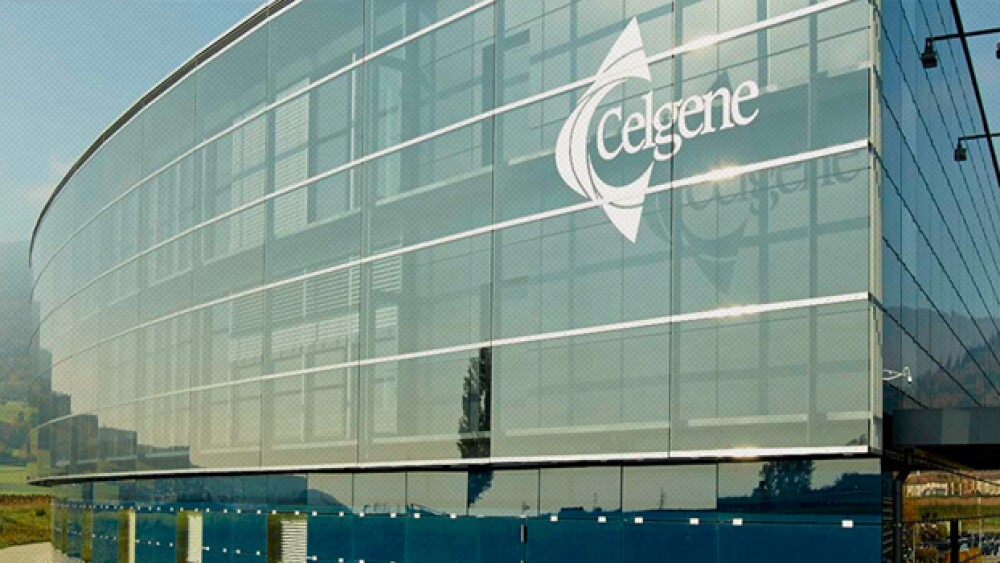This year the FDA issued a Refusal to File letter regarding its New Drug Application (NDA) for its multiple sclerosis drug ozanimod. The finger is pointed at its California subsidiary, Receptos for the failure.
The last year has seen Celgene make a number of missteps. In late 2017, Celgene ditched a late-stage Crohn’s disease drug and two clinical trials associated with it. This caused a drop in the company’s share prices. The company shortly afterward slashed its 2020 guidance, citing “certain market dynamics and recent pipeline events.”
This year, in what was completely unexpected for a company of Celgene’s size and stature, the U.S. Food and Drug Administration (FDA) issued a Refusal to File letter regarding its New Drug Application (NDA) for its multiple sclerosis drug ozanimod.
Overall, shares have dropped about 22 percent since February. Its market value of $56 billion is about half of what its peak was in the fall of 2017.
In a recent interview, Nadim Ahmed, Celgene’s president of hematology and oncology, indicated that the FDA was “actually quite surprised” when they received the NDA application. “[The FDA] kinda said ‘what happened, guys, this isn’t what we usually expect from Celgene?’ And we had to say, you know, ‘mea culpa, it’s on us.’”
The company expects to resubmit the NDA in 2019.
Ahmed went on to point the finger for the failure at its California subsidiary, Receptos, indicating that executives should have done a better job of integrating its operations after it bought it in 2015 for $7.2 billion.
“I think that 99 percent of folks at Celgene wouldn’t have submitted, but we had Receptos out on the West Coast and, for whatever reason, the decision was made to submit. We learned a lesson of humility and that when you do an acquisition it’s better to be more integrated rather than be completely away from the mothership.”
That’s not exactly a full acceptance of Celgene’s responsibility, pointing the finger at a subsidiary’s management team. There have been changes in Celgene’s C-suite recently, although it’s not clear if any of it’s related to the ozanimod issue.
In April, the company’s chief operating officer, Scott Smith, resigned abruptly. He had been the COO for about a year prior to his resignation. He had been with Celgene since 2008 and held several senior leadership roles during his tenure. His primary responsibilities will be conducted by Mark Alles, the company’s chief executive officer.
As part of the overall restructuring, Ahmed, Terri Curran, president of Global Inflammation and Immunology, Jay Backstrom, chief medical officer and head of Global Regulatory Affairs, and Joanne Beck, executive vice president of Global Pharmaceutical Development and Operations, will all report to Alles.
Ronny Gal, an analyst with Bernstein, seemingly added to Ahmed’s focus on Receptos as the source of the ozanimod embarrassment, saying, “One of the things I’m hearing from the business development people in large companies is that the smaller biotechs have cut corners to try to get drugs to market more quickly. They make sure things are 95 percent certain, but they don’t get to 99 percent. When you’re buying those companies, you take the risk that you might have missed something during due diligence.”
Still, Celgene acquired Receptos in 2015. The NDA for ozanimod was submitted toward the end of 2017, after it reported positive data from the second pivotal Phase III trial, RADIANCE, which was announced in May 2017. Something clearly happened—or didn’t get done—between the end of RADIANCE and the submission of the NDA to cause the FDA to say that the nonclinical and clinical pharmacology sections of the NDA were insufficient to permit a complete review.





